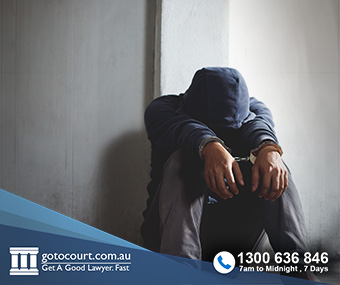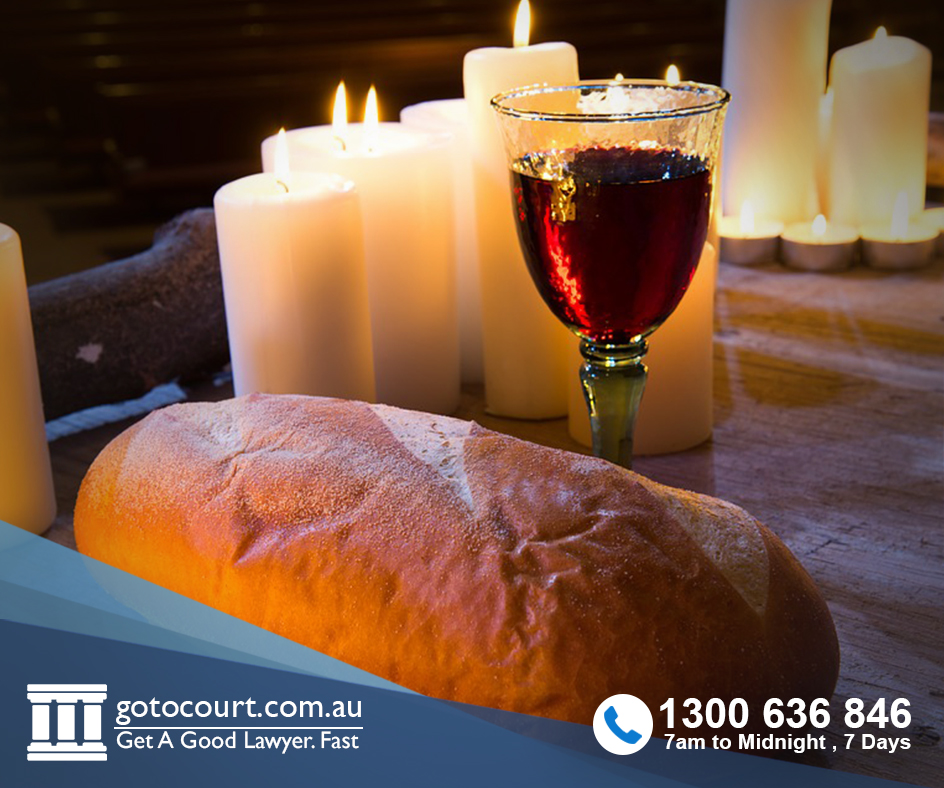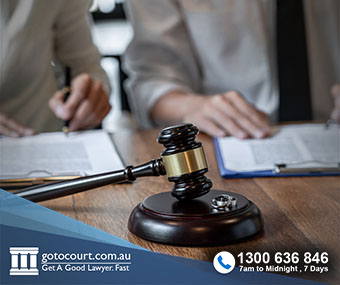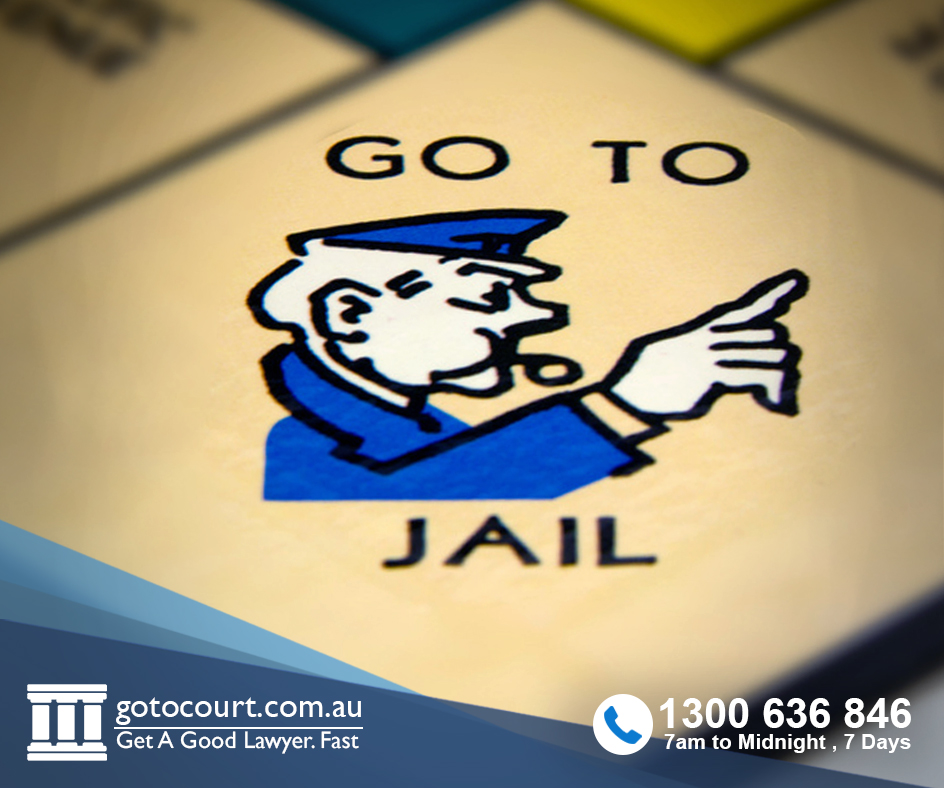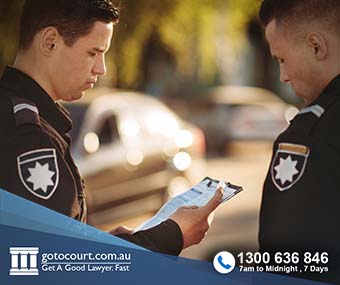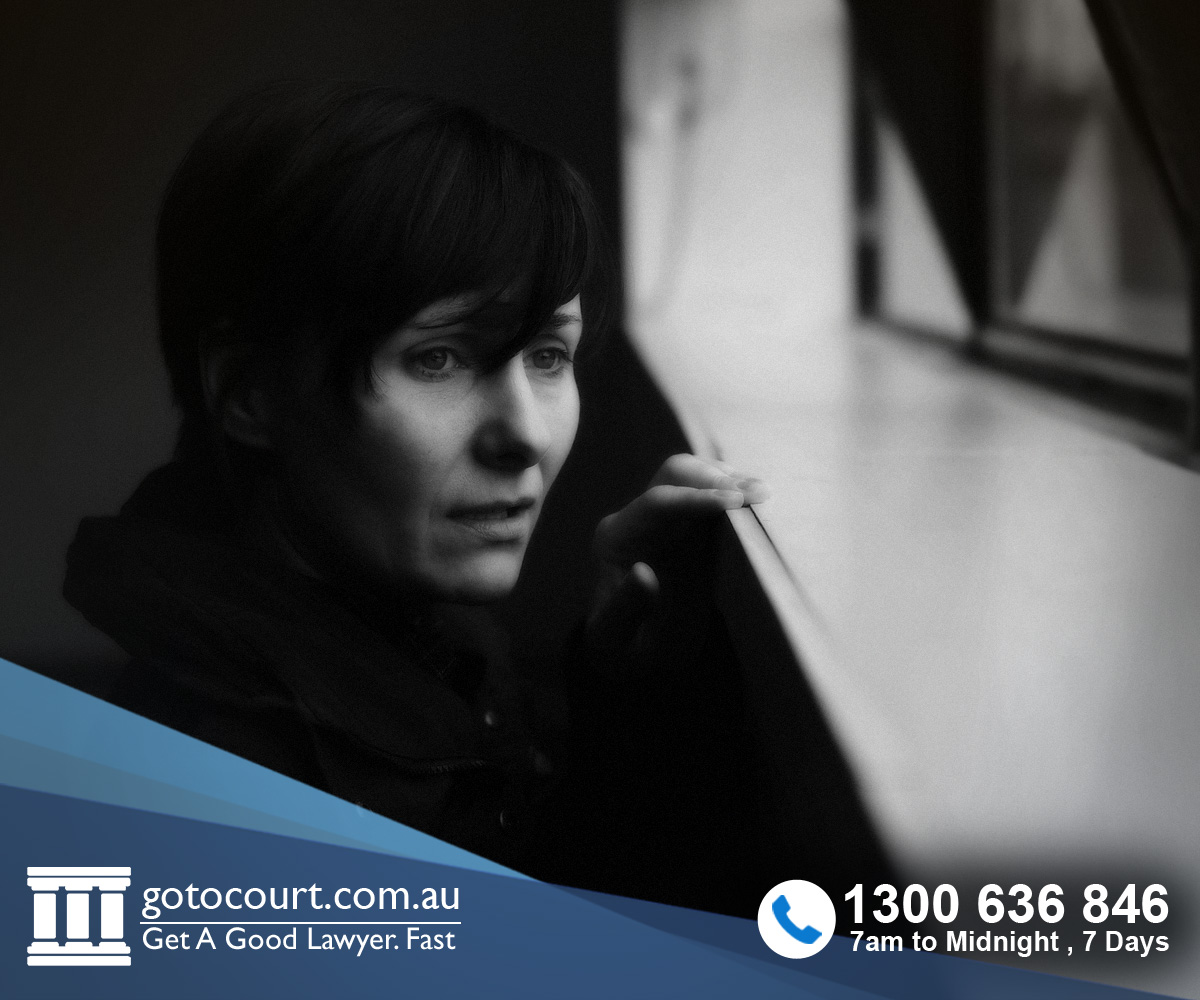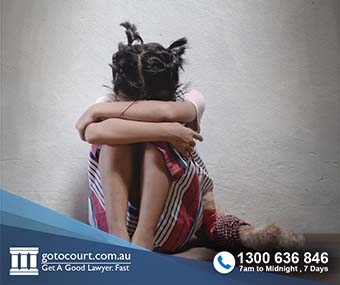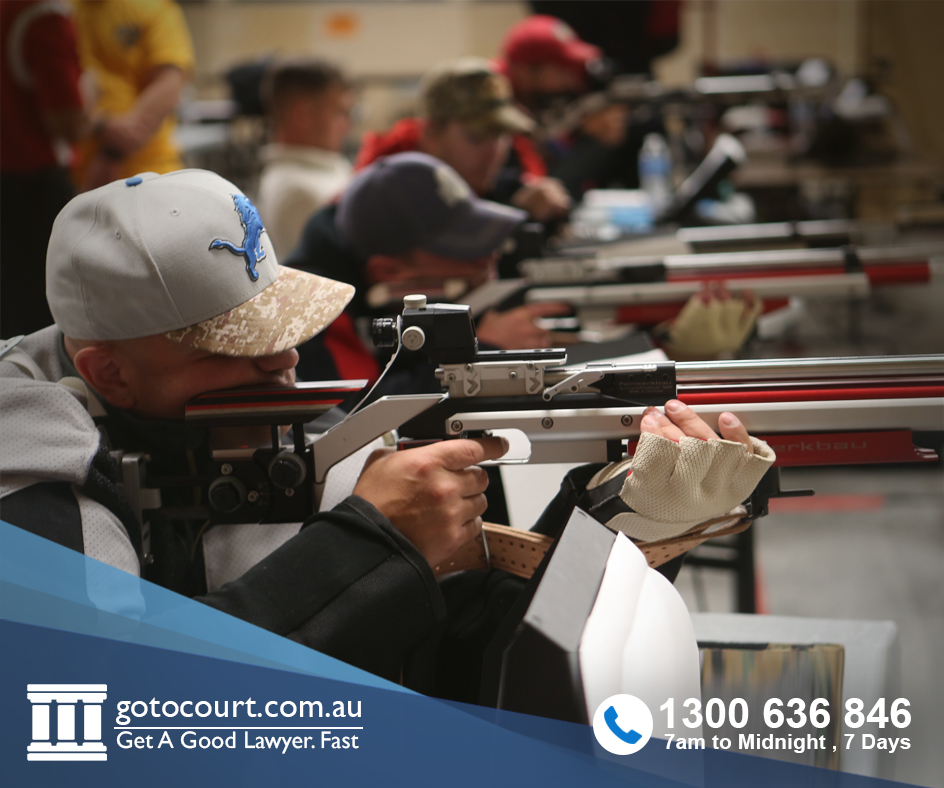Apprehended Violence Orders in New South Wales
Apprehended Violence Orders in New South Wales
In New South Wales, restraining orders are known as Apprehended Violence Orders (AVOs). The main legislation concerning AVOs in NSW is the Crimes (Domestic and Personal Violence) Act 2007.
In each Australian state and territory there is legislation allowing a person to apply for a restraining order against another person. These orders are designed to protect victims of personal violence from various types of abuse, such as physical, psychological, emotional, and sexual abuse.
More information about restraining orders can be found in our dedicated article, Restraining Orders in Australia.
Apprehended Domestic Violence Orders and Apprehended Personal Violence Orders
There are two types of AVOs in New South Wales:
- Apprehended Domestic Violence Order (ADVO) – these orders are made when the parties are related, living together, are living in the same residential facility, are in a carer relationship, or in an intimate relationship with each other. This includes individuals who were previously in such a relationship.
- Apprehended Personal Violence Order (APVO) – these orders are made if there is abuse being committed between people who are not related and do not have domestic relationship. This includes neighbours or work colleagues.
The information provided in this article relates to both types of Apprehended Violence Orders in NSW.
How do I apply for an Apprehended Violence Order in New South Wales?
A person can apply for an AVO on their own behalf in New South Wales. Alternately, the police can apply for an AVO for a person’s protection.
If the police fear for a person’s safety they will make a provisional order (which is temporary) until the matter can be dealt with in a court. Provisional orders are made in circumstances where domestic violence has been reported and the person is in need of urgent protection. Provisional orders do not need to be made by a court.
In some circumstances, the police are obliged to make an application for a provisional ADVO. These are situations when a police officer suspects that a domestic violence or stalking offence has been committed.
A person can apply for an ADVO or APVO on their own or with the assistance of a lawyer by filing an application at their local court. The application with then be served on the other party (the defendant) and allocated a date for a hearing. The defendant must attend court on that day if they want to oppose the making of the order. If they do not attend, the order may be made in their absence.
When will a court make an AVO in New South Wales?
There are two types of AVO in New South Wales: Apprehended Domestic Violence Orders and Apprehended Personal Violence Orders.
Court ordered Apprehended Domestic Violence Orders
An ADVO is made between two people who have or had a domestic relationship. This includes partners and ex-partners as well as relatives such as siblings, cousins and parents and children.
A court is to make an ADVO if it is satisfied that the person seeking protection has, or had, a domestic relationship with the defendant and fears that the person will commit domestic violence against them. In some circumstances, there is no need to prove that the person actually fears for their safety. This includes situations when the protected person is a child under 16.
There are a number of factors the court will take into account when determining whether to make an ADVO. This includes the affect the order may have on any children involved, any hardship that may be caused to the protected person and their children, and the accommodation needs of the relevant parties.
Court ordered Apprehended Personal Violence Orders
An APVO is made between two people who have not been in a domestic relationship. Courts have the power to make an APVO against the defendant for the protection of one or more people. A court can make an order if it satisfied that the person seeking protection has reasonable grounds to fear, and in fact fears, violence by the defendant.
A court can also make an order if the defendant has engaged in conduct that amounts to intimidation or stalking of the person seeking protection. This is provided that the court is satisfied that the conduct warrants making the order.
There are exceptions to the requirement of having to prove that the person fears such an offence, such as when the person is a child. The court takes into account similar factors listed above when determining whether to grant an APVO.
What kind of conditions are included in an AVO in NSW?
Under section 36 of the Crimes (Domestic and Personal Violence) Act 2007, every AVO must contain the following conditions.
- That the defendant is prohibited from assaulting, threatening, molesting, harassing, or interfering with the protected person;
- That the defendant is prohibited from stalking or threatening the protected person; and
- That the defendant is prohibited from intentionally or recklessly destroying or damaging any property belonging to the protected person.
The court may also impose additional conditions that it thinks are necessary to ensure the safety of the protected person. Other conditions that may be imposed include a condition that the defendant cannot approach the protected person, or a condition that prohibits the defendant from approaching the protected person within 12 hours of consuming alcohol or illicit drugs.
It is important you tell the court, your solicitor, or the police what conditions you want imposed so that the AVO addressed your situation.
What is the penalty for breaching an AVO?
Although an AVO is a civil order, breaching an order is a criminal offence. A person found guilty of breaching an AVO may be fined up to 50 penalty units or sentenced to imprisonment for two years.
Contravening the conditions of an AVO is a serious offence and should be reported to the police as soon as practicable.
How long does an AVO last?
AVOs usually state when they expire. The period specified is what the court believes is necessary to ensure the safety and protection of the protected person.
If no expiry is specified in an ADVO where the defendant is an adult, the order remains in force for a period of two years from the date it was made. If the defendant is under 18 and no expiry date is specified, the order remains in force for 12 months from the date it was made.
If no expiry date is specified in an APVO, the order remains in force for a period of 12 months from the date it was made.
Can an AVO be changed or cancelled?
Yes. An AVO in NSW can be changed or revoked, provided that there has been a change in circumstances.
Applications to vary or amend an AVO in NSW need to be submitted to a local court. This can be done by a police officer or any interested party in relation to the order (such as the defendant or protected person) at any time while the AVO is in force.
The application needs to set out the reasons the person wants to cancel the AVO and, in the case of variation, the kinds of variations sought. A solicitor can assist you in completing an application to have an AVO varied or cancelled to meet your circumstances.
If you require legal advice or representation in any legal matter, please contact Go To Court Lawyers.

Affordable Lawyers
Our Go To Court Lawyers will assist you in all areas of law. We specialise in providing legal advice urgently – at the time when you need it most. If you need a lawyer right now, today, we can help you – no matter where you are in Australia.How It Works




1. You speak directly to a lawyer
When you call the Go To Court Legal Hotline, you will be connected directly to a lawyer, every time.

2. Get your legal situation assessed
We determine the best way forward in your legal matter, free of charge. If you want to go ahead and book a face-to-face appointment, we will connect you with a specialist in your local area.

3. We arrange everything as needed
If you want to go ahead and book a fact-to-face appointment, we will connect you with a specialist in your local area no matter where you are and even at very short notice.

